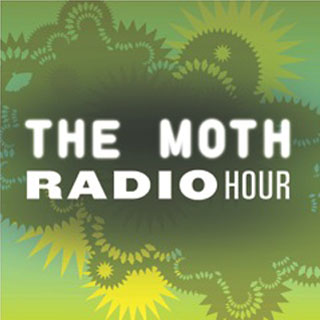I am fascinated by the Living Book projects, but I wonder if it would be possible to take it one step further – if the people who had good experiences with the program would be willing to become a repository, not just of their ten-minute presentation, but as a library resource?
Here is what I am picturing:
In the library, there is a human book entitled Twice-Exceptional Autistic Adult. [This refers to adults with autism who also have high IQs that have usually allowed them to successfully mask their disabilities and avoid detection, sometimes for decades.]
Scenario: A 51-year-old man hits career burnout. He is hospitalized for clinical depression, but in the course of his treatment, he is tested for autism and it comes back very positive. Suddenly, he is plunged into a whole new world of data, therapy, and coping strategies. However, the research into 2E Adult Autism is minimal, mostly because those diagnoses are just now happening as Gen-X hits middle age. Would it not be amazing to have a “human book” that one could check out to talk to about this incredibly specific life journey? Or as a parent, to talk to a person who is a version of the adult your child will become, to find out what you can do now to help smooth their path?
Another example:
Scenario: Your child / friend thinks that they may be asexual. The research on asexual humans is minimal; even fictional representation is nominal. Would it not be great to have a “book” to check out to ask very specific questions about their experience and what kind of support they would have appreciated in their life?
I know this is just basically a conversation, but these very niche topics do not have support groups, and if one already has the books on file for the event, then it is a unique starting place.
A couple other thoughts on this week’s readings:
- Adding buckets of fidget toys to the special story hours would be amazing for keeping focus.
- Are the human books prepped on how to handle really insensitive or downright rude people, or do those people not usually attend the events?
- I have been informed by twenty-somethings that none of the emojis mean what I think they mean, that there is a whole other emoji language that I, as a Gen X-er, do not understand. Could this be problematic for the “tell a story in emojis” idea? How to overcome?
- Combine the storytelling events!
- Have ongoing month/semester/year-long library workshops where participants hone their stories and workshop them for each other before having a…
- The Moth Radio Hour-style event at the end, which are then…
- Recorded and placed into the library archive.


@jeanna Oh my! I need to know more about the emoji language the 20 somethings have… I am way out of there loop as a late-50’s something!
Thanks for sharing your thoughts on the human library. I do believe there is some training involved in the formalized human library programs for the “library books” to be aware of how people might talk to them.